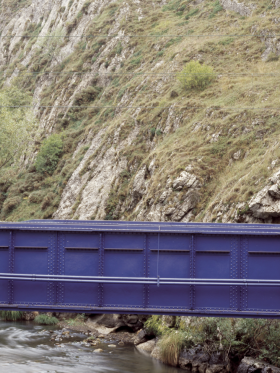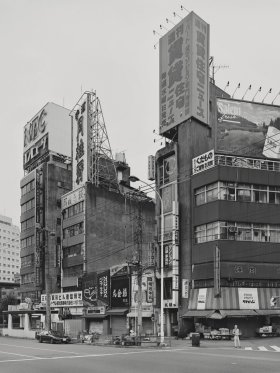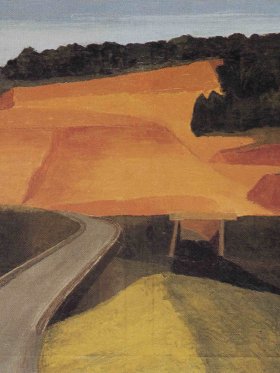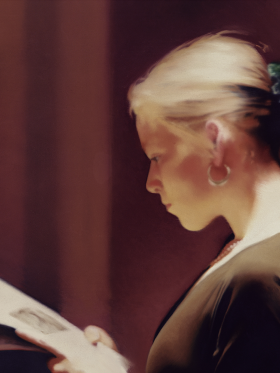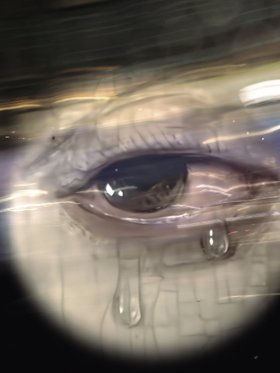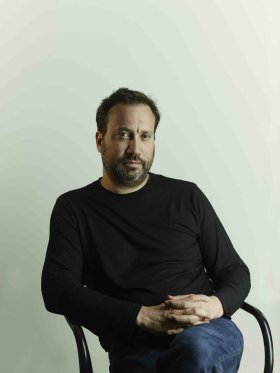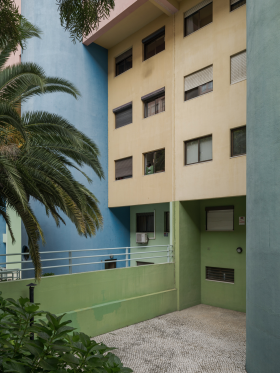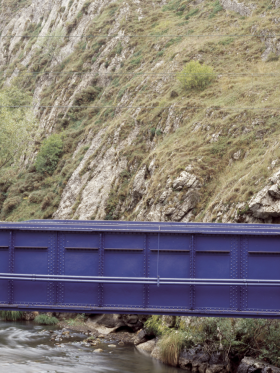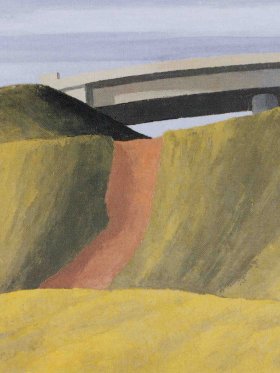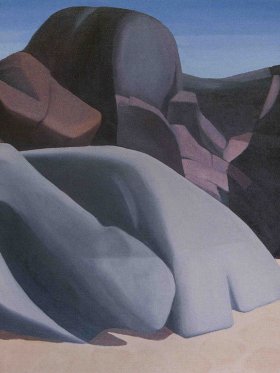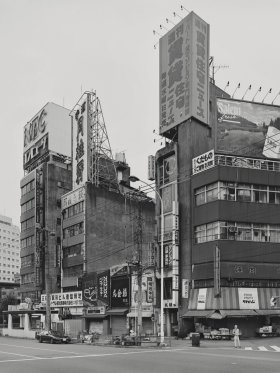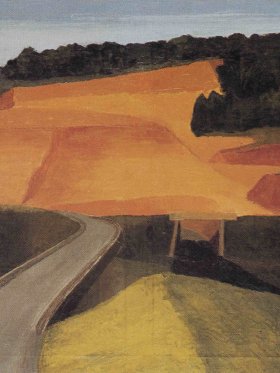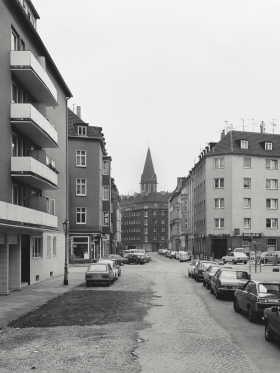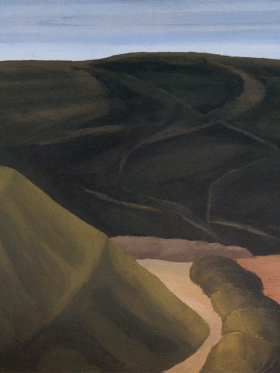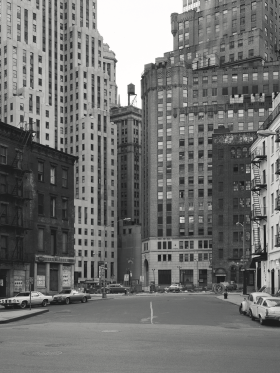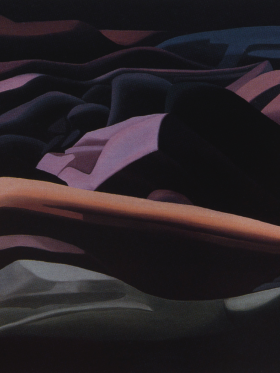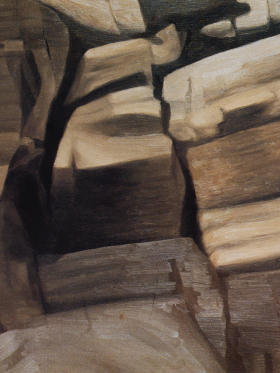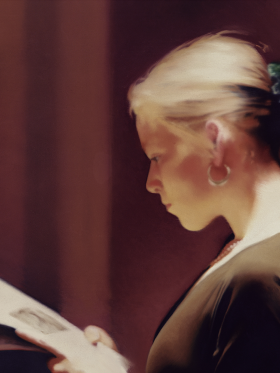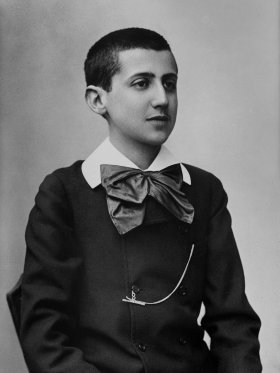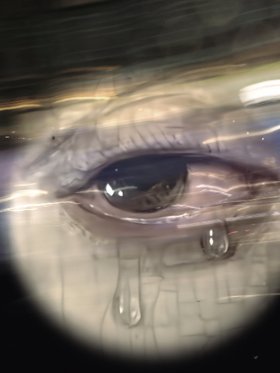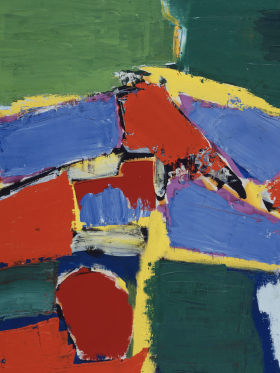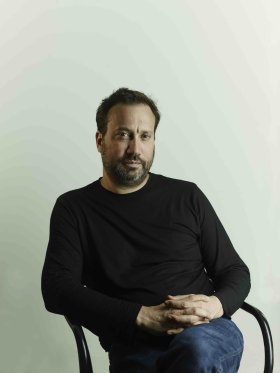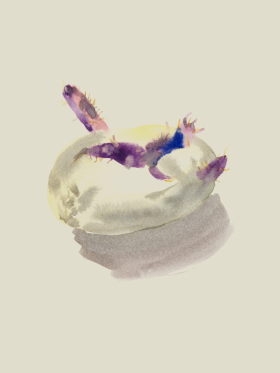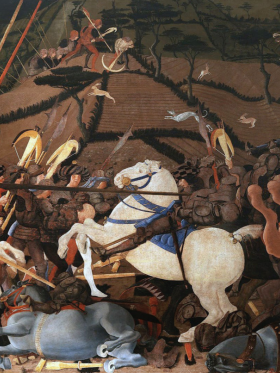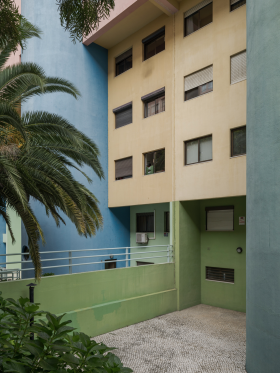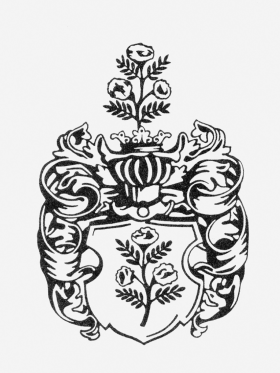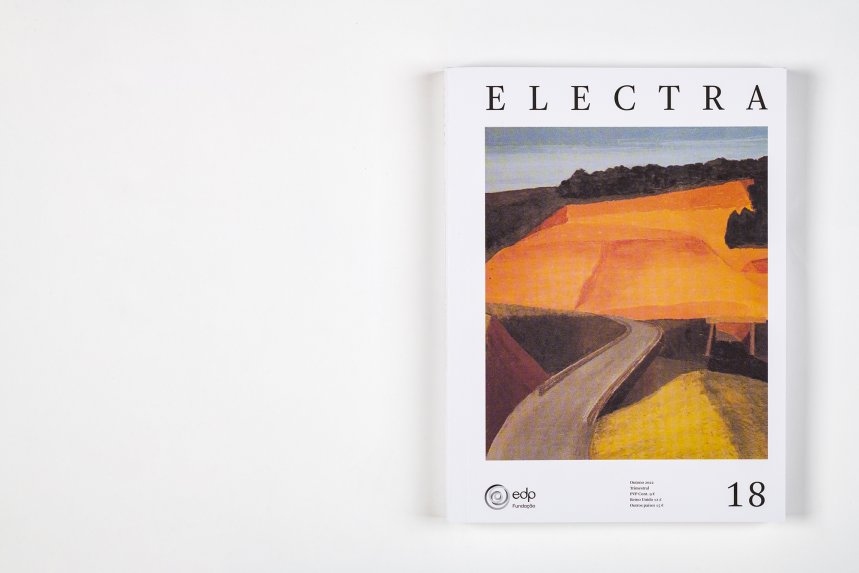
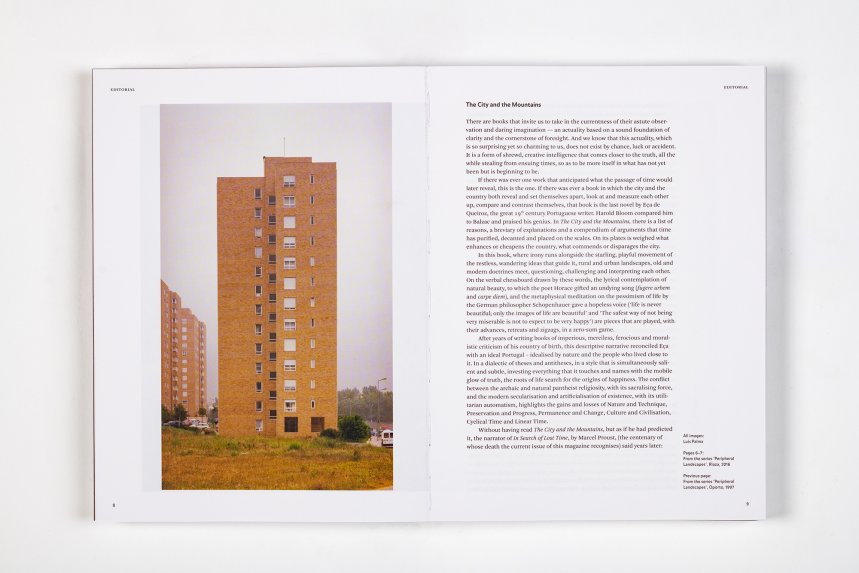
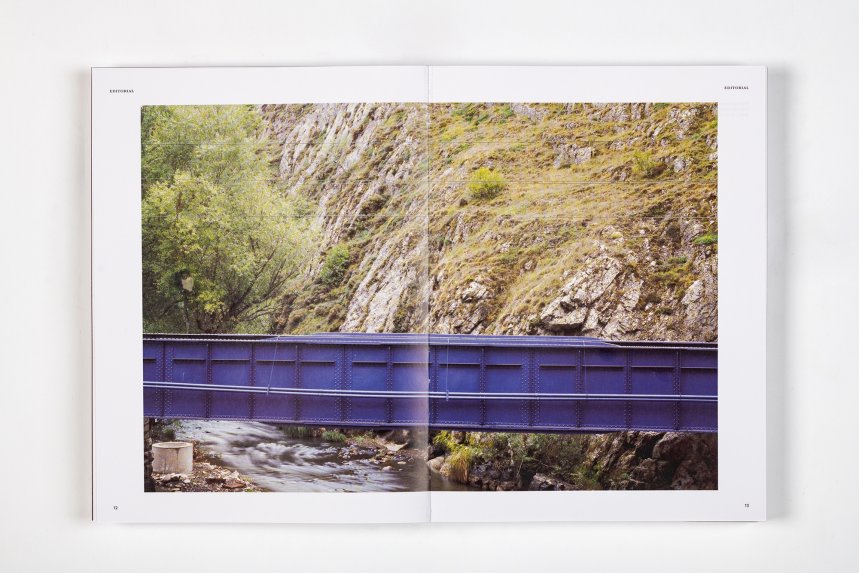
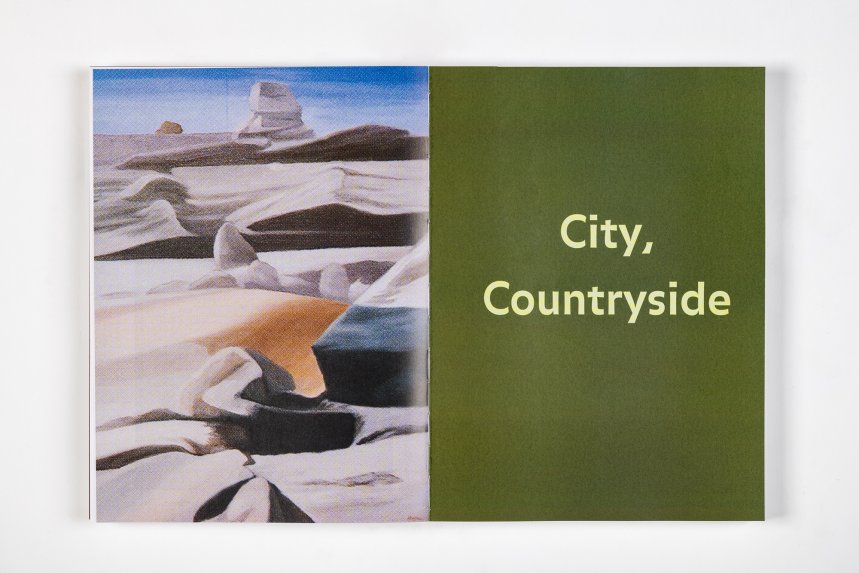
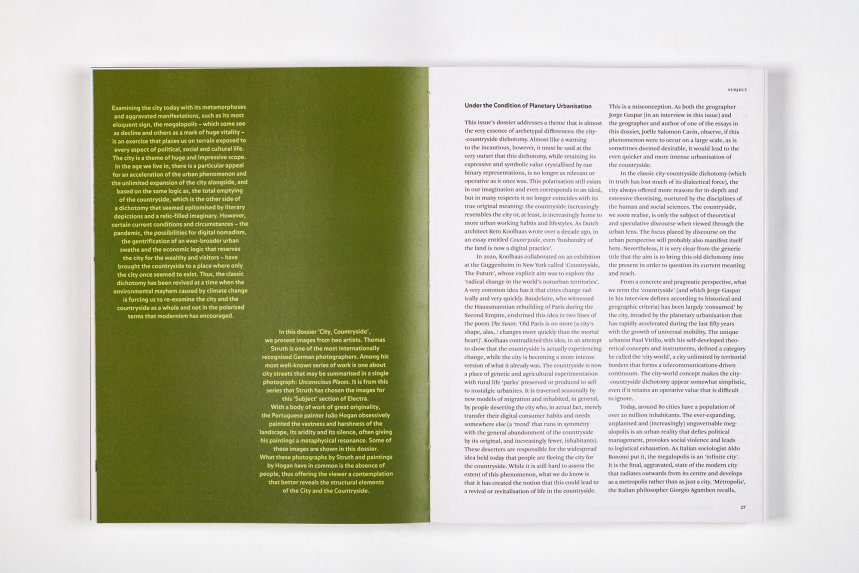
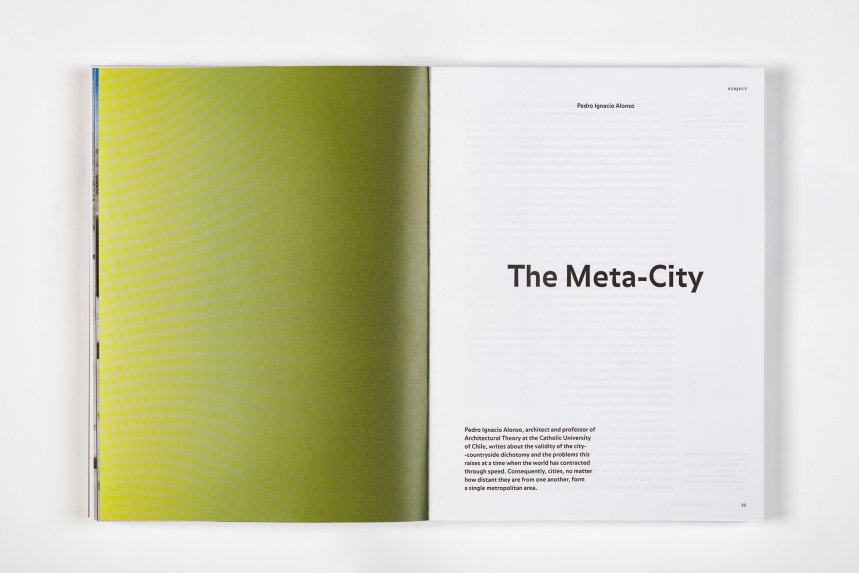
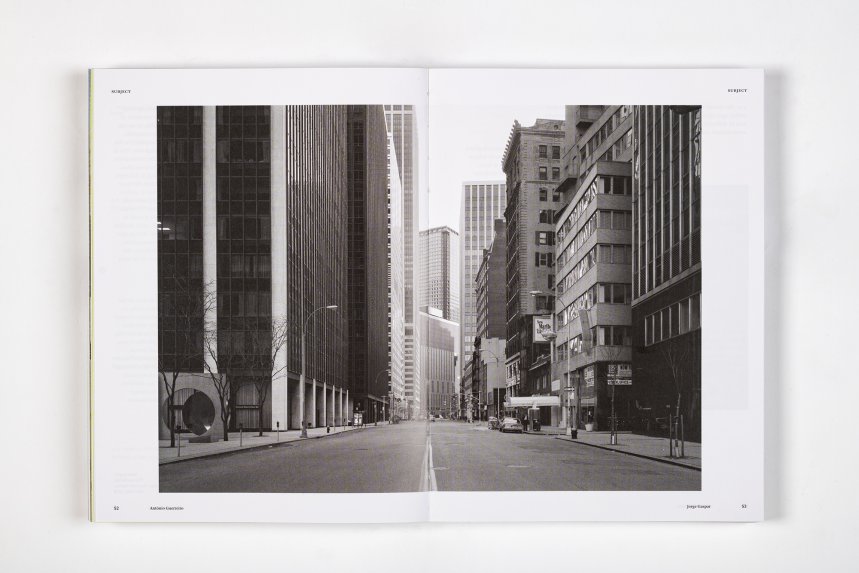
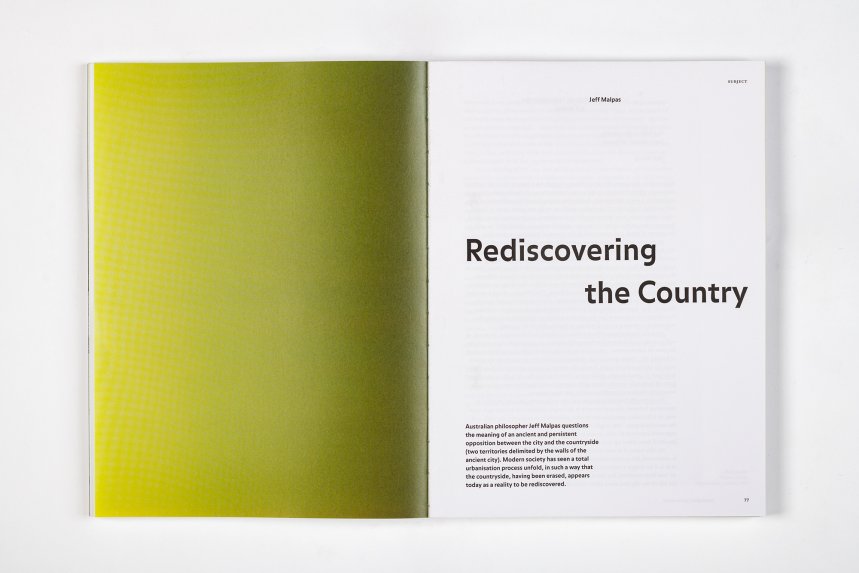
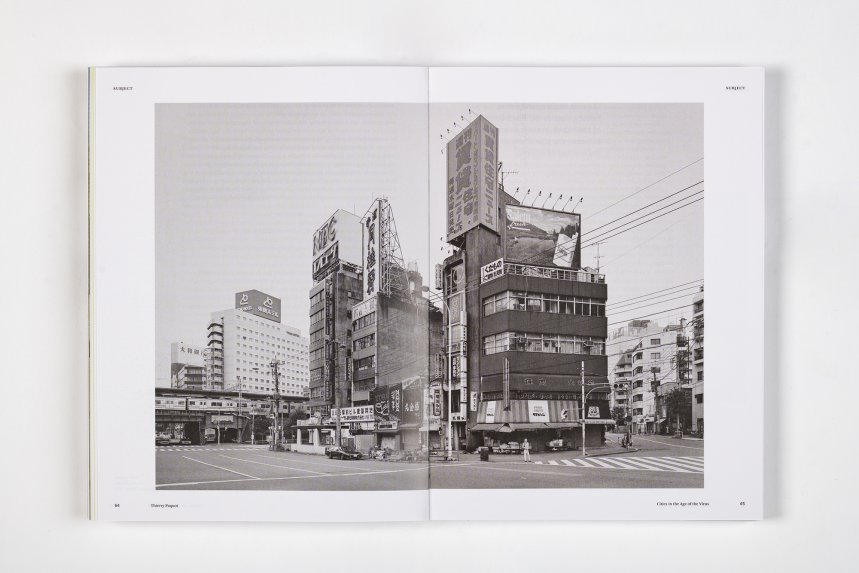
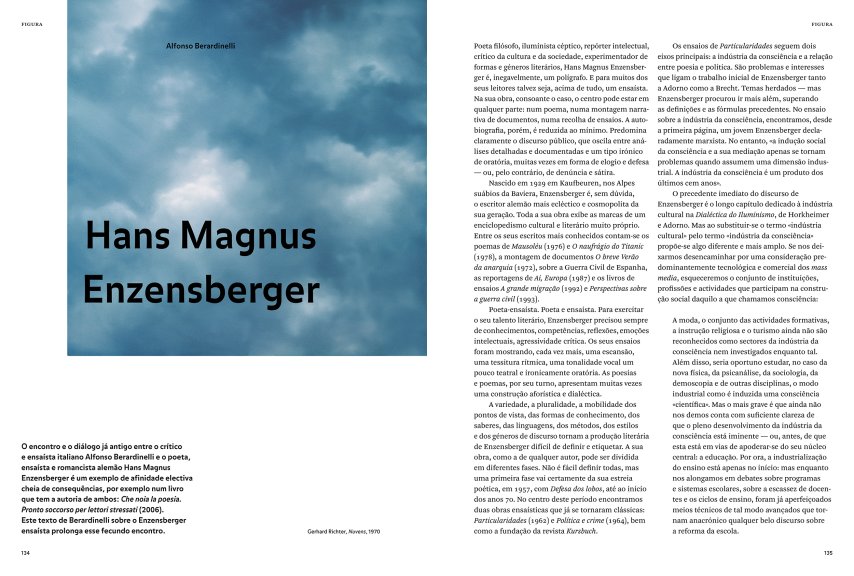
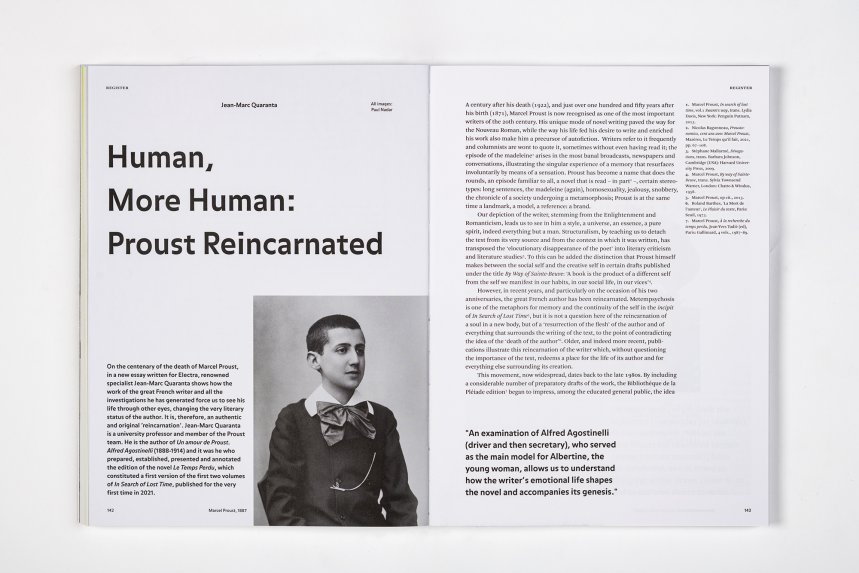
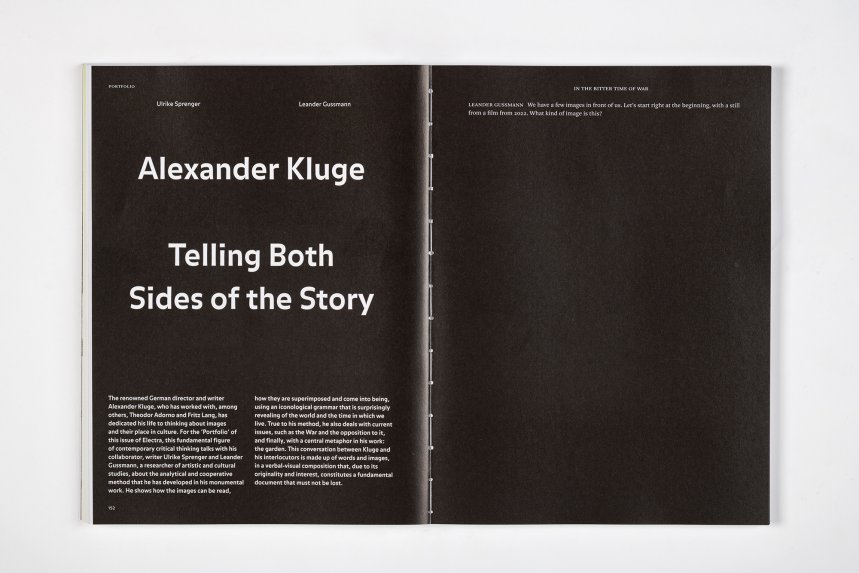
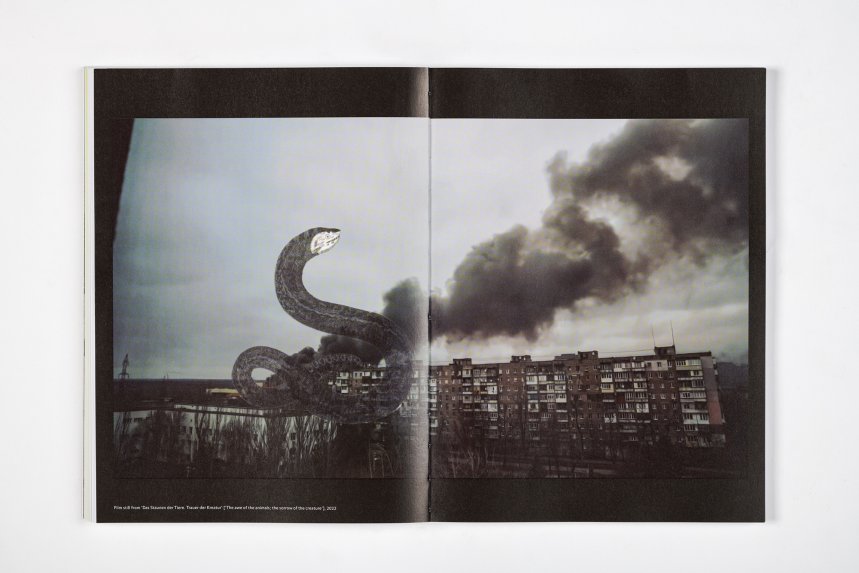
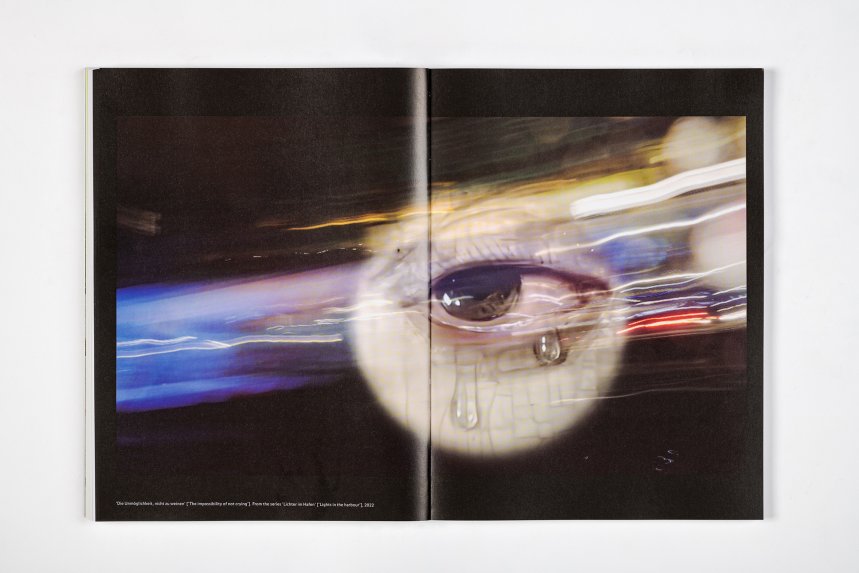
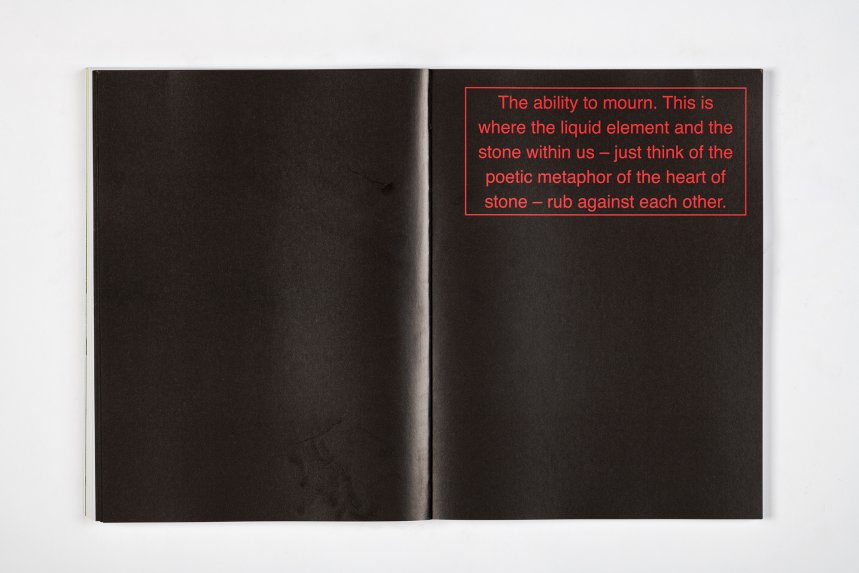
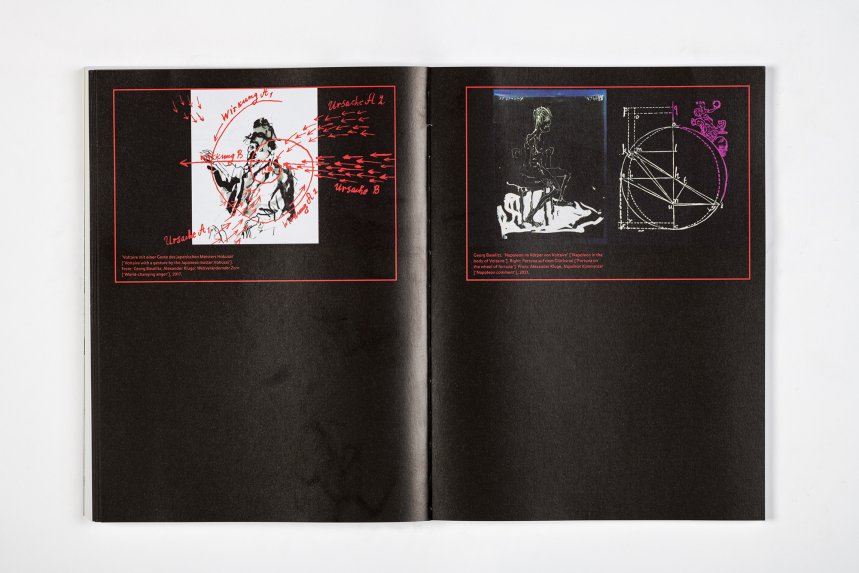
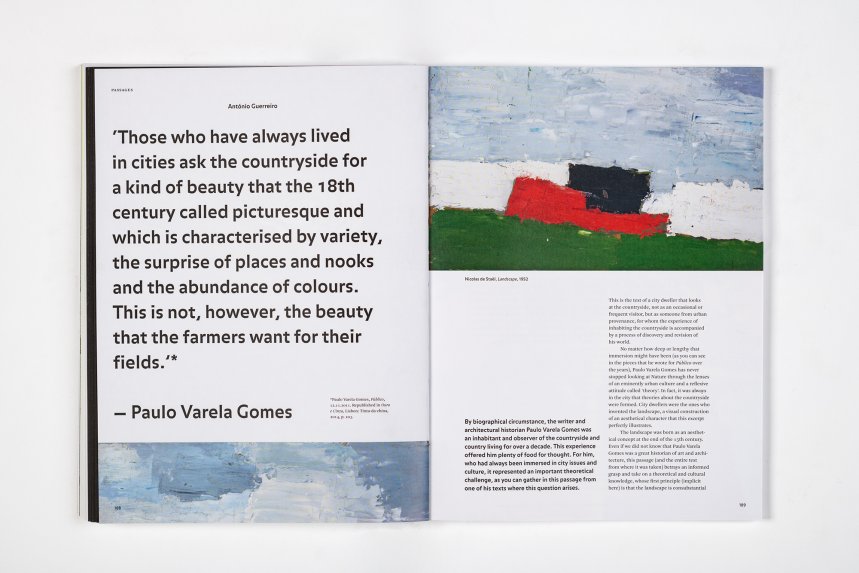
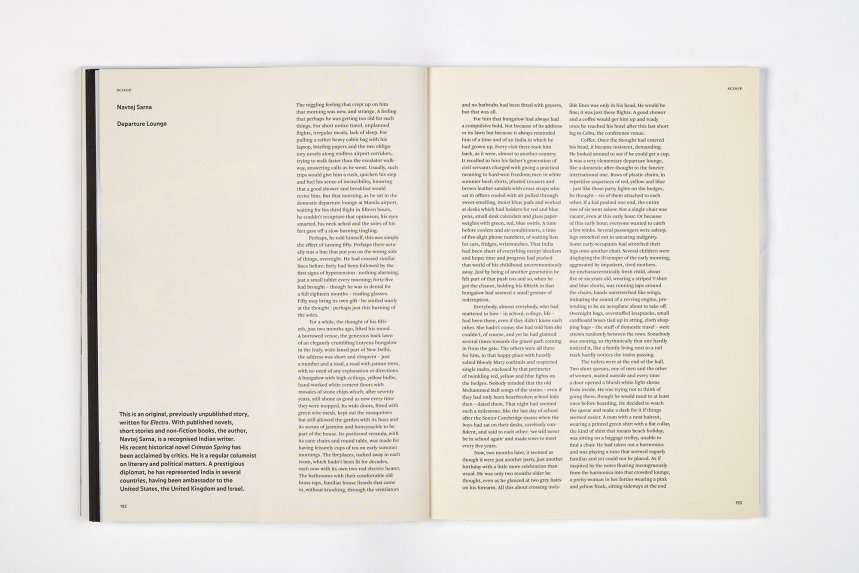
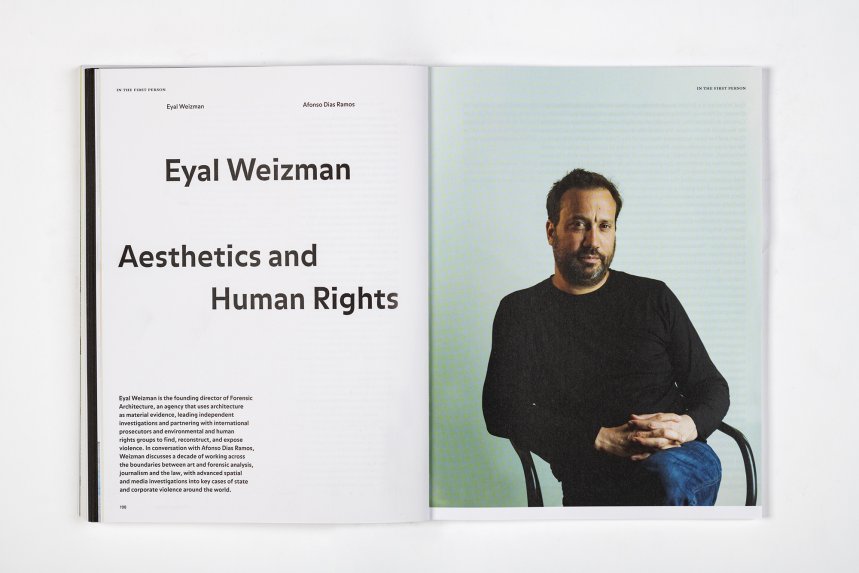
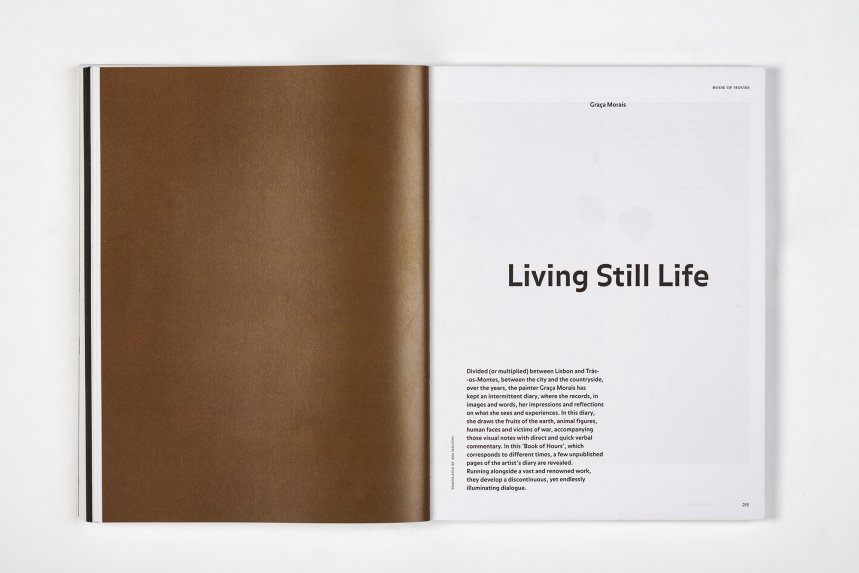
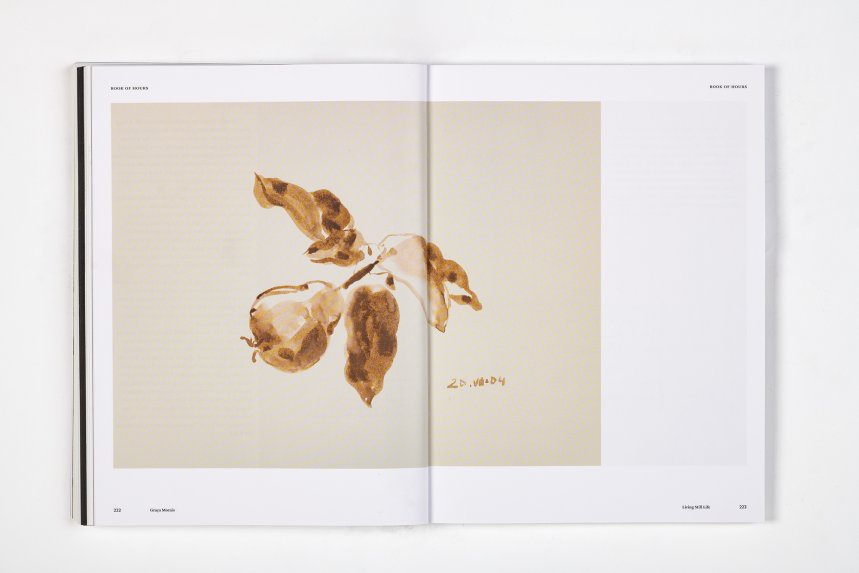
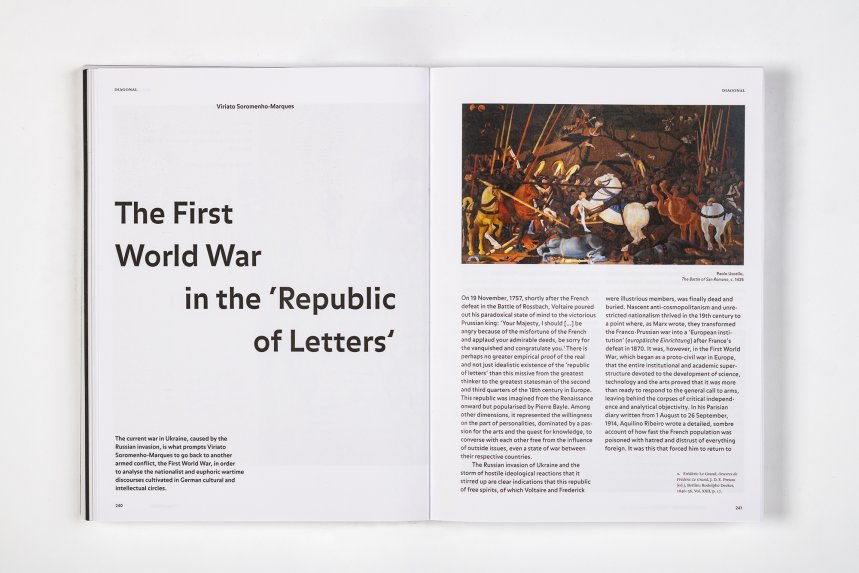
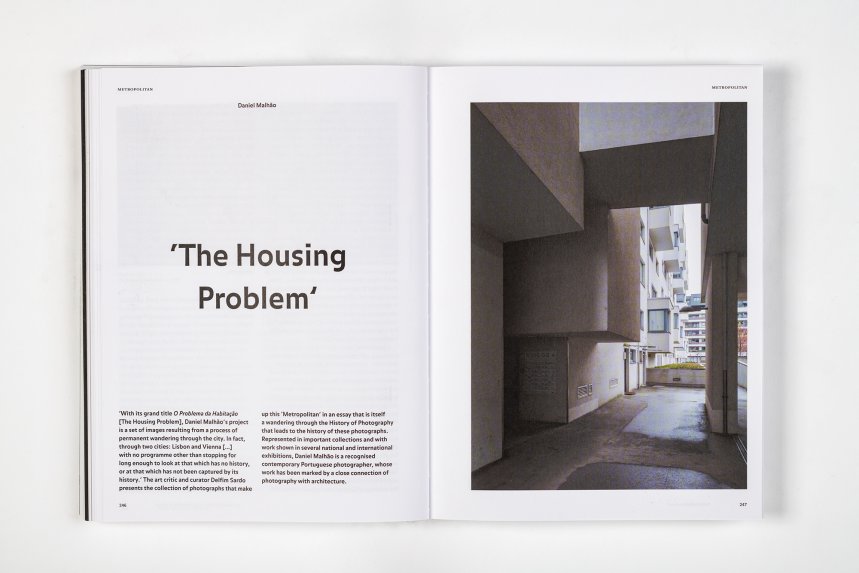
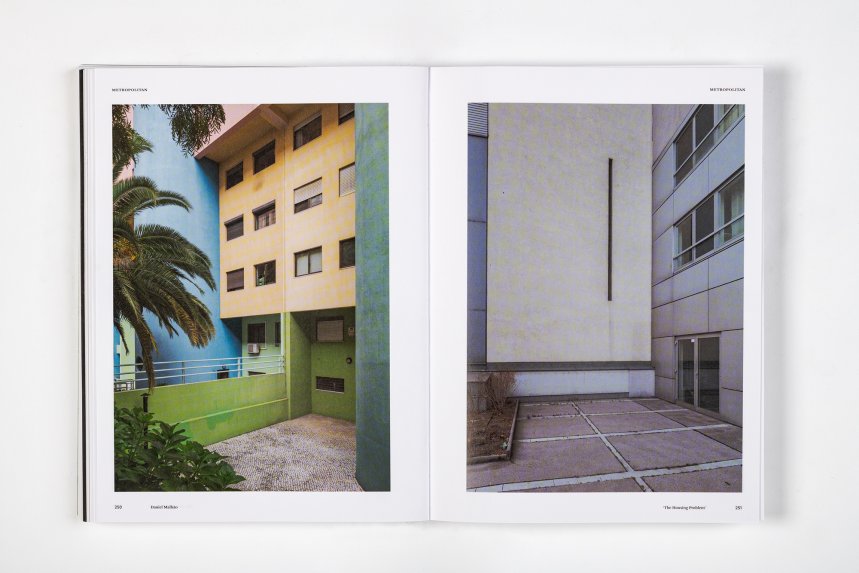
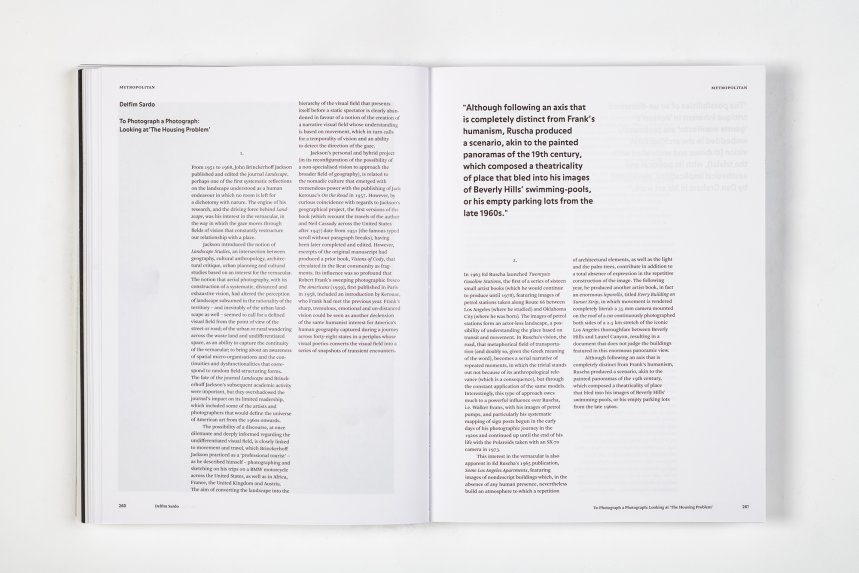
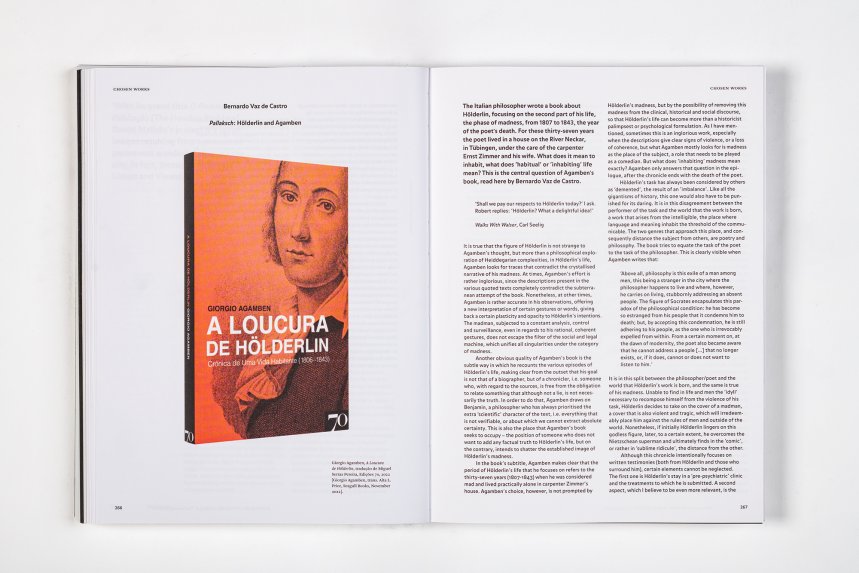
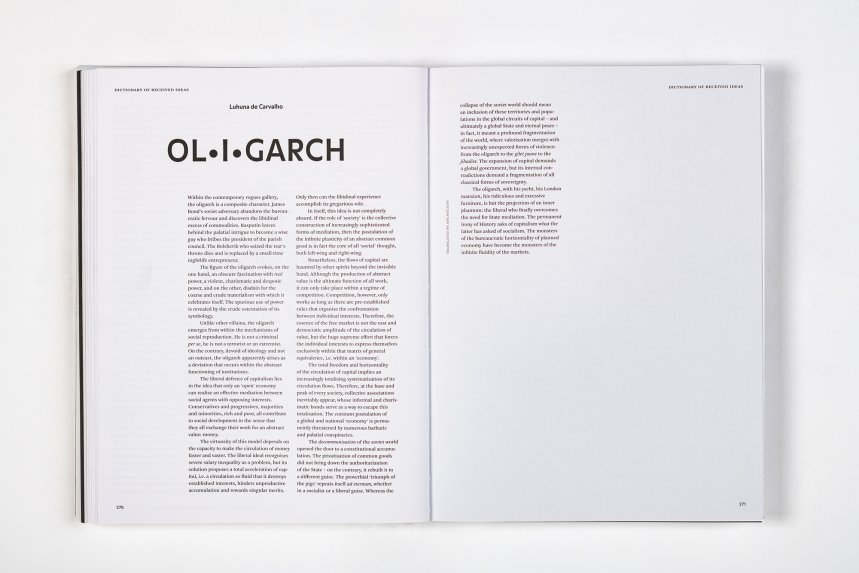
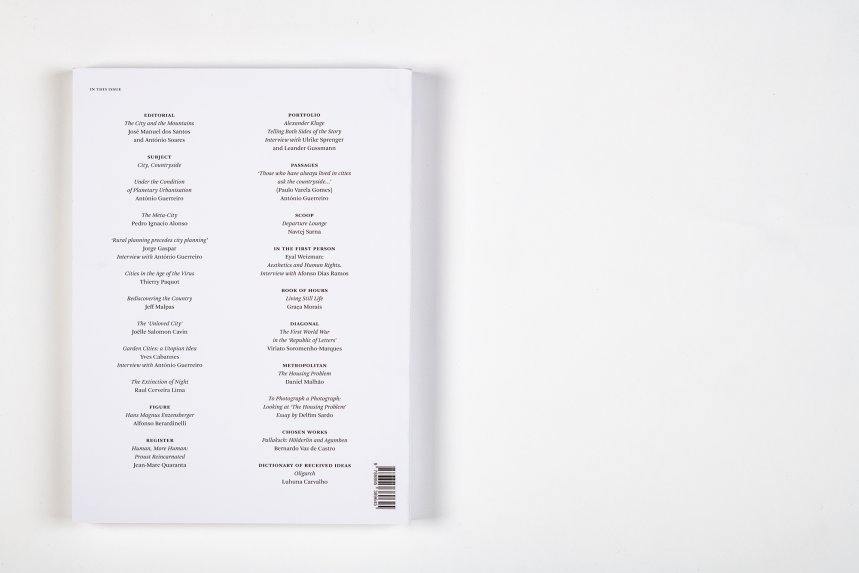
The subject “City, Countryside” is key to understanding our times, a theme which touches all areas of political, economic, social and cultural life. In our variously technological and ecological, narcissistic and massified, playful and amnesiac days, this theme inhabits the screens of all the systems, devices and equipment that populate our daily lives. It induces radical changes in life, generates hopes and misunderstandings, creates illusions and disillusions, sparks imaginations and urgencies. It is simultaneously concrete and abstract, individual and collective, economic and social, anthropological and cultural. “City, Coutryside” is thus the central “Subject” of the next issue of Electra, which includes texts and interviews with Pedro Ignacio Alonso, Yves Cabannes, Joëlle Salomon Cavin, Jorge Gaspar, António Guerreiro, Raúl Cerveira Lima, Jeff Malpas, and Thierry Paquot, with an editorial preface by José Manuel dos Santos and António Soares.
The “First Person” section features an interview with Eyal Weizman, founder and CEO of Forensic Architecture, an agency which uses architecture as material legal evidence in investigations designed to identify, reconstruct and denounce violence. In this interview with Afonso Dias Ramos, Weizman covers a decade of work which crosses art and forensic analysis, journalism and law.
German filmmaker and writer Alexander Kluge, who has devoted his life to thinking about images and their place in culture, is the author of the “Portfolio” for issue 18 of Electra. For this work, this fundamental figure of contemporary critical thought establishes a dialogue with one of his collaborators, the author Ulrike Sprenger, and with Leander Gussmann, a researcher of artistic and cultural studies. This is a conversation made up of words and images, a verbal-visual composition that constitutes, through its originality and interest, a fundamental document.
The "Book of Hours" section looks into some unpublished pages from the diaries of the artist Graça Morais. Corresponding to various moments of her career, the entries run alongside her vast body of recognised work, creating a discontinuous but ongoing dialogue with it. The “Metropolitan” section presents O Problema da Habitação [The Housing Issue], a project by photographer Daniel Malhão featuring a series of pictures taken during his rambling through the cities of Lisbon and Vienna, which is accompanied by an essay by art critic and curator Delfim Sardo.
Also in this issue of Electra, on the centenary of the death of Marcel Proust, renowned specialist Jean-Marc Quaranta shows how the great French writer's work and all the research it has generated force us to look at his life in a different way, changing the very literary status of the figure of the author; Italian critic and essayist Alfonso Berardinelli writes about the German poet, essayist and novelist Hans Magnus Enzensberger; Indian writer Navtej Sarna publishes an original story; Viriato Soromenho-Marques analyses discourses of nationalism and war euphoria cultivated in the German cultural and intellectual environment of the First World War; António Guerreiro comments on a quote by architectural historian and writer Paulo Varela Gomes; Bernardo Vaz de Castro reads Hölderlin’s Madness by Giorgio Agamben; and Luhuna de Carvalho writes about the word “Oligarch”.
